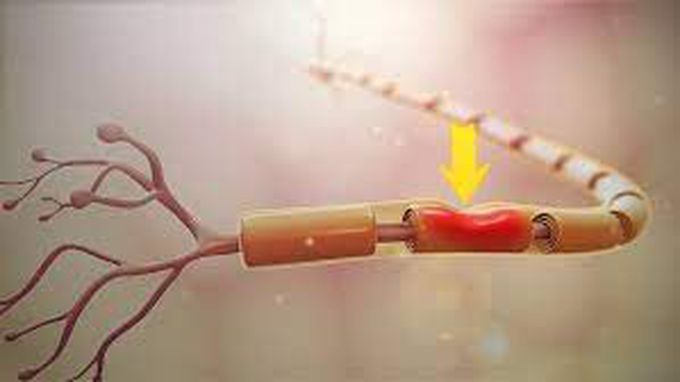

Hunainabout 2 years ago

What can cause neuropraxia?
Neuropraxia can happen for many reasons. Nerves may become crushed or compressed. When this happens, they can’t send electrical impulses. Traumatic neuropraxia can result from: Bone fractures. Dislocation. Tears and injuries to ligaments and tendons. You can also develop neuropraxia after: Surgery (including after anesthesia). Giving birth. Dental work, if nerve damage occurs during anesthetic injections, tooth extraction or endodontic procedures.
Other commentsSign in to post comments. You don't have an account? Sign up now!
Related posts
herniation secondary to raised ICPHyperekplexiaSymptoms of HyperekplexiaDandy Walker Malformation | Diagnosis symptoms and treatment2-Minute Neuroscience: Brain AneurysmsSeizures (Epilepsy) Nursing NCLEX: Tonic-Clonic, Generalized, Focal, SymptomsStroke: Causes, Risk Factors, Treatment, and Prevention | Mass General BrighamNeurofibromatosisAbsence seizuresSymptoms of absence seizures

